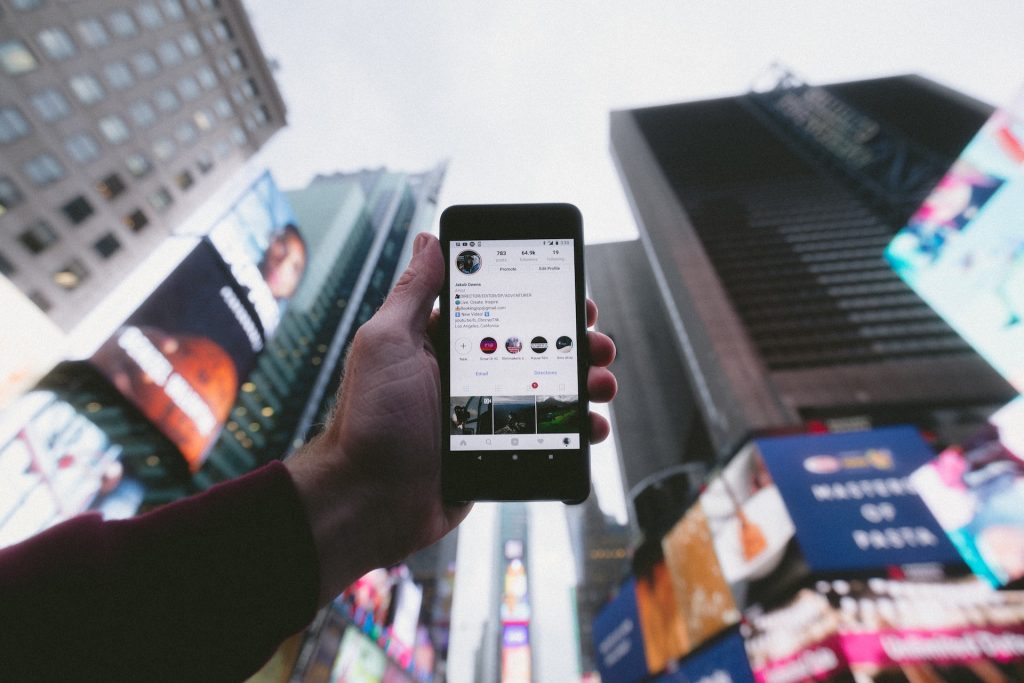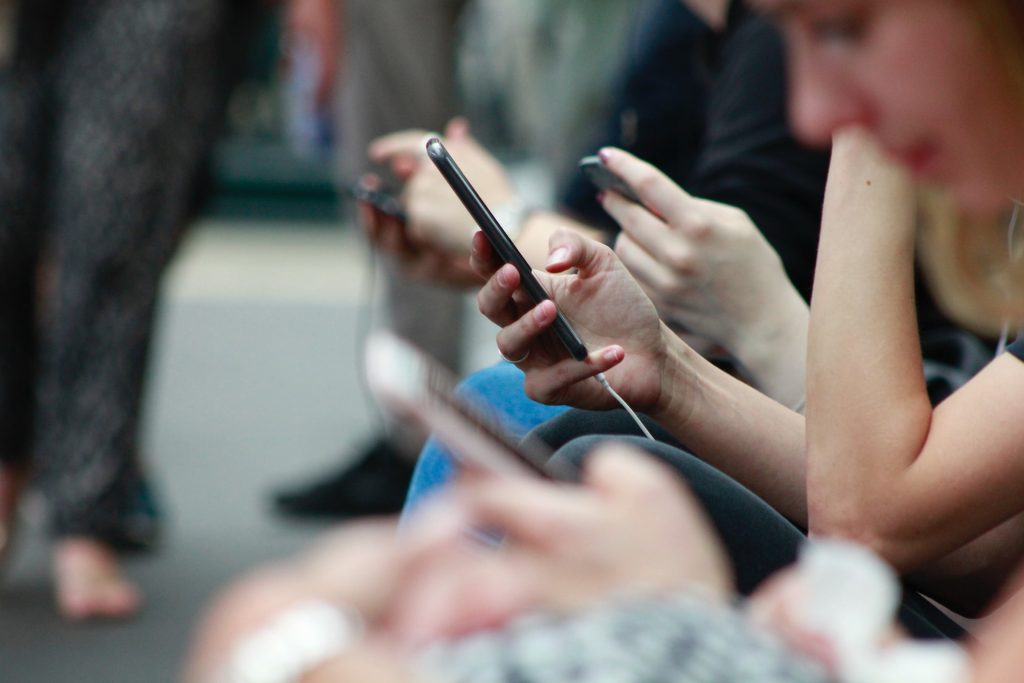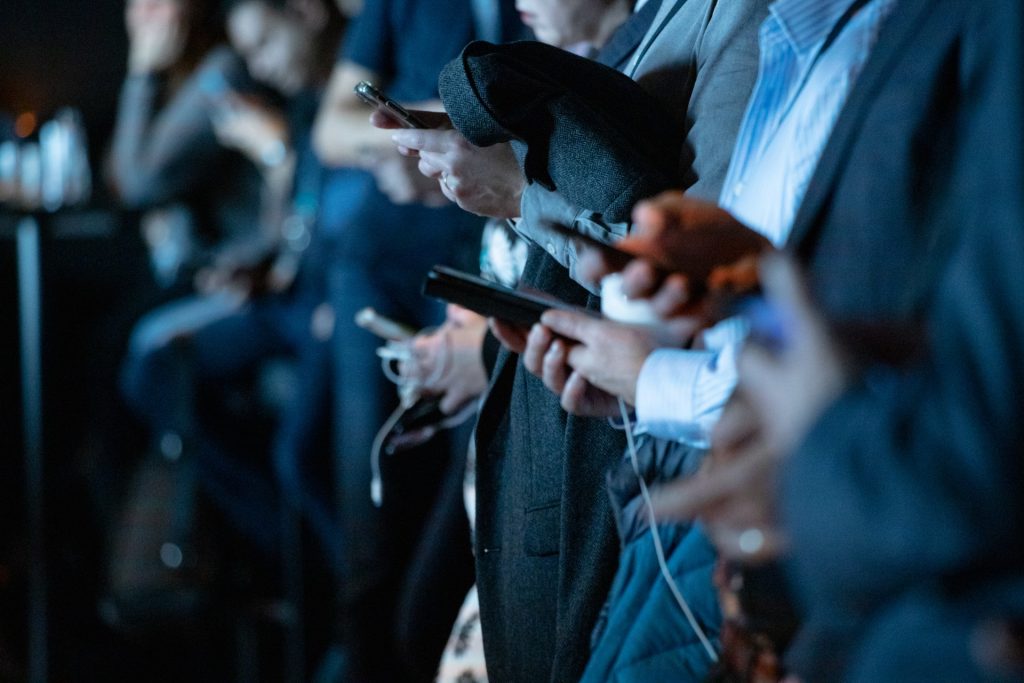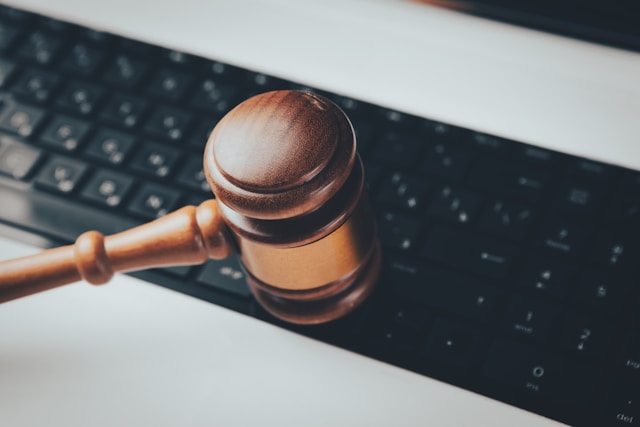Last Updated on August 22, 2025 by Richard Martin Linga
Social media issues in the Philippines are becoming more serious and need our attention. As a resident here, I see how these issues affect our daily lives. Problems like fake news, online bullying, and privacy breaches are common. In other words, these issues are impacting not just how we connect with each other but also our safety online.

Turn Social Insights into Videos, Fast and Easy Now
Explainer templates — turn charts, stats, and quotes into short videos
Captions & hooks — ready ideas to boost engagement fast
Batch workflow — finish 5–10 clips in one sitting
Turn your social insights into scroll-stopping videos in minutes.
Above all, it’s essential to understand these challenges to use social media responsibly. For instance, many people are unaware of how their data is used. SEO Specialists in the Philippines are working to address these issues, providing insights and solutions to make our online space safer. Therefore, by learning more about these social media issues, we can take steps to protect ourselves and others online.
History of Social Media in the Philippines

Social media issues in the Philippines have changed over time. In the beginning, platforms like Friendster and Multiply were popular. These sites allowed us to connect with friends and share our lives online. After that, Facebook and Twitter took over, becoming the main ways people in the Philippines used social media.
As more people joined these platforms, new problems arose. For instance, the spread of fake news became a big concern. In addition, cyberbullying started affecting many users, especially young people. Therefore, understanding the history of these issues helps us see how they evolved. Above all, it shows why it’s important to address social media issues in the Philippines today.
Current Social Media Landscape in the Philippines

Social media issues in the Philippines are widespread today. Facebook, Instagram, and Twitter are the most used platforms. Almost everyone I know uses these apps to stay connected. So, they have become a big part of our daily lives.
In addition, these platforms cause some problems. For example, fake news spreads quickly. Also, online bullying affects many users. So, it is important to know about these issues. Above all, understanding these problems can help us use social media more safely. In other words, by being aware, we can protect ourselves and others from harm online. If you need help with these issues, a SEO consultant can guide you.
Major Social Media Issues in the Philippines

Social media issues in the Philippines are affecting many people. Here are the main problems:
Fake News
Fake news spreads fast on social media. So, many people believe false stories. In other words, this can cause confusion and panic. For instance, during elections, fake news can mislead voters.
Cyberbullying
Cyberbullying is a big problem, especially among young people. Bullies use social media to harass others. Therefore, it can lead to serious emotional issues. Above all, it affects the mental health of the victims.
Privacy Concerns
Privacy is a major issue on social media. Personal information can be easily accessed and misused. For instance, hackers can steal identities. In addition, users often receive unwanted ads based on their data.
Mental Health
Social media impacts mental health. Seeing perfect lives online can make people feel bad about themselves. So, it can cause anxiety and depression. In other words, it affects self-esteem and overall well-being.
Addiction
Spending too much time on social media can become addictive. Users feel the need to check their profiles constantly. Therefore, it can hurt productivity and real-life relationships. Above all, it can lead to a lack of focus on important tasks.
Impact on Different Demographics

Social media issues in the Philippines affect people of all ages. Different groups face unique challenges. Here’s a closer look:
- Young People: Young people are heavily impacted by social media issues in the Philippines. For instance, cyberbullying is common among teens. This can lead to serious emotional problems. In addition, many young people compare themselves to others online, which can hurt their self-esteem. Therefore, it’s important to teach them safe online habits.
- Adults: Adults also face social media issues in the Philippines. Fake news is a major concern for this group. So, many adults believe and share false information. In other words, it can influence their opinions and actions. Also, adults may struggle with privacy issues, as their personal data can be easily accessed and misused.
- Elderly: The elderly are not immune to social media issues in the Philippines. They may be less tech-savvy, making them more vulnerable to scams and fake news. Therefore, they need guidance on how to navigate social media safely. For instance, educating them about privacy settings can help protect their information.
Effective Solutions and Community Recommendations
Social media issues in the Philippines are being addressed by the government in various ways. They have put policies in place to help manage these problems.
- Laws and Regulations:
The government has made laws to handle social media issues in the Philippines. For instance, the Cybercrime Prevention Act aims to stop online crimes like hacking and cyberbullying. So, it helps protect users from these threats.
- Privacy Protection:
Privacy is a big concern with social media. In response, the government created the Data Privacy Act. This law helps keep our personal information safe. Therefore, companies must follow strict rules to protect user data.
- Education and Awareness:
In addition, the government runs programs to educate people about social media issues in the Philippines. These programs teach users how to stay safe online. For instance, they explain the dangers of fake news and how to spot it.
- Support for Victims:
The government also offers support for those affected by social media issues. This includes counseling services for victims of cyberbullying. Therefore, people can get the help they need to recover from online abuse.
Government and Legal Measures to Address Social Media Issues

Social media issues in the Philippines have prompted government action. The government has introduced several rules and laws to address these problems. Here’s a detailed look:
Cybercrime Prevention Act
The Cybercrime Prevention Act of 2012 aims to combat online crimes. For instance, it addresses issues like identity theft, hacking, and cyberbullying. So, this law helps protect users from various online threats.
Data Privacy Act
The Data Privacy Act of 2012 protects personal information. In other words, it ensures that companies handle user data responsibly. Therefore, this law helps prevent misuse of personal data and protects user privacy.
Anti-Bullying Act
The Anti-Bullying Act of 2013 includes provisions for online bullying. For instance, it requires schools to address cyberbullying cases. So, this law helps protect students from online harassment.
Children’s Online Protection
The government has initiatives to protect children online. Programs educate kids about safe internet use. In addition, these programs teach parents how to guide their children on social media.
Media and Information Literacy (MIL)
MIL programs aim to educate the public about responsible social media use. For instance, these programs teach people how to spot fake news and protect their privacy online. Therefore, MIL helps users navigate social media safely.
Solutions and Recommendations
Social media issues in the Philippines need clear solutions. Here are some steps we can take:
Solutions
- Education and Awareness: Teaching people about social media issues in the Philippines is key. For instance, schools can have classes about online safety. So, kids learn early how to protect themselves. In addition, public campaigns can help adults understand risks like fake news and privacy concerns.
- Stronger Privacy Settings: Platforms should offer better privacy options. Users need to know how to keep their information safe. Therefore, social media sites must make these settings easy to find and use. Above all, users should be able to control who sees their posts.
- Reporting Tools: Make it easy to report problems like bullying or fake news. For instance, social media platforms can add clear buttons for reporting. In other words, users should quickly report issues without confusion.
Recommendations
- Personal Responsibility: Everyone should be careful about what they share online. Think before posting personal information. Also, always check the truth of what you read and share. Therefore, being mindful can reduce the spread of fake news.
- Parental Guidance: Parents should guide their kids on safe social media use. Talk to them about the risks and how to stay safe. For instance, setting rules about screen time and checking privacy settings can help. In other words, active involvement can protect children from online dangers.
- Government Support: The government should continue to create and enforce laws to tackle social media issues in the Philippines. For instance, updating the Cybercrime Prevention Act can address new threats. Above all, strong legal action can deter bad behavior online.
Community Support: Support groups and organizations can help those affected by social media issues. For example, victims of cyberbullying can find help through local groups. In addition, these groups can educate the public about safe social media use.
Key Takeaway
Social media issues in the Philippines are a big concern for everyone. Fake news, cyberbullying, and privacy problems affect many users. In other words, these issues can cause confusion, emotional pain, and privacy risks. Therefore, it’s important to stay informed and protect ourselves online. By understanding these problems, we can make social media safer for everyone. If you need help with these issues or want expert advice, hire me to guide you through it.
FAQs
What are the main social media issues in the Philippines?
Social media issues in the Philippines include fake news, cyberbullying, and privacy concerns. These problems affect many people, causing confusion, emotional distress, and security risks.
How does fake news spread on social media?
Fake news spreads quickly on social media because people share information without checking its accuracy. So, this leads to many people believing and spreading false stories.
What can I do to protect my privacy on social media?
To protect your privacy, use strong passwords and be careful about what you share online. In addition, check privacy settings on your social media accounts to control who sees your information.
How does cyberbullying affect people in the Philippines?
Cyberbullying causes serious emotional pain, especially among young people. It can lead to anxiety, depression, and low self-esteem. Therefore, it’s important to report and block bullies online.
Why is understanding social media issues important?
Understanding social media issues in the Philippines helps us use these platforms safely. In other words, being aware of these problems allows us to take steps to protect ourselves and others online. If you need more help or advice, hire me to guide you.
